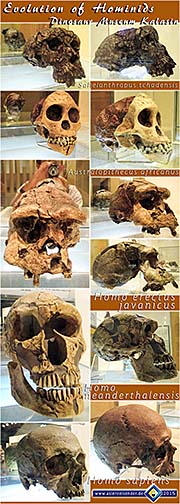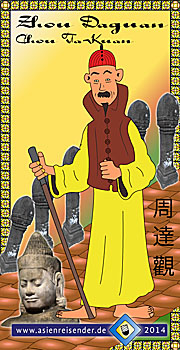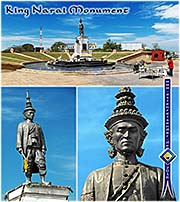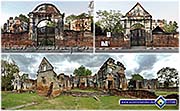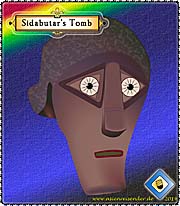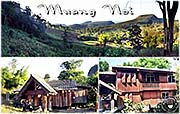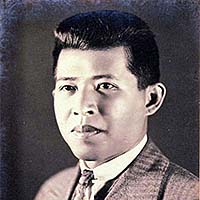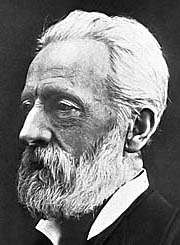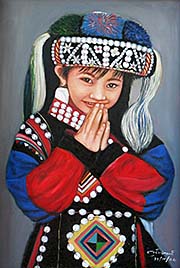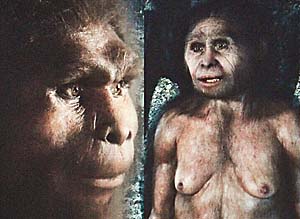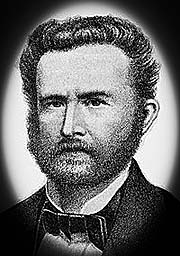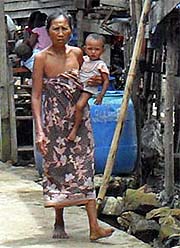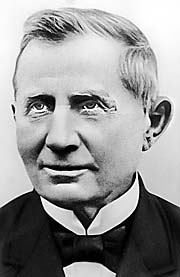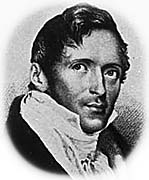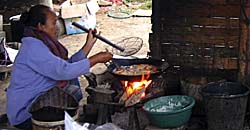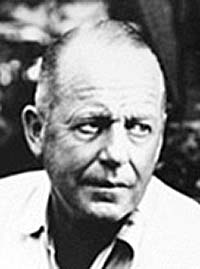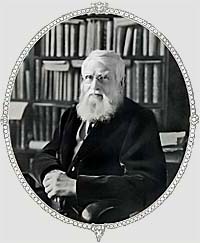Individuals and Groups
There is much to say about people. Basically it's obvious that all people are different. Individual. That is so for individuals as it is for groups of people. Though we have much in common. What makes the differences?
Visit also:
Ananta Toer (1925 - 2006), Indonesian Author
Batak People,
Tribe in Sumatra
King Mangrai
Medieval King and Founder of Lanna
Henri Mouhot (1826-1861), Traveller in Indochina

Marco Polo, Italian merchant and probably first Westerner ever in Southeast Asia
Odoric of Pordenone, Italian Friar and early Asienreisender
Raden Saleh (1811 - 1880), Indonesian Painter
Prabowo Subianto, Indonesian Plutocrat
Joko Widodo, Indonesian President
Susilo B. Yudhoyono, former Indonesian President
Zhou Daguan (1266 - 1346), Chinese Envoy in medieval Angkor.
Homo sapiens is a very particular species. Our brain is much higher developed than that of all other species on planet earth. The human brain is the most adaptable organ on this planet. When we are born, we know almost nothing and can do almost nothing. All what we become we have to learn.
What we are learning and how we start to deal with our surroundings depends very much on our environment. In the most of the time of the development of our species this was dominated by pure nature. People lived as nomads in little groups, ten to thirty individuals. Gathering fruits and other food here, hunting there. Life became more complex when people settled down and some became specialists, e.g. for farming or for being a spiritual leader to explain the not understood world. As more complex our societies grow, as more different people develop. Basically everyone could become any specialist, but in many cases people have already in young years to decide what for a profession they want to learn.
So, as we specialize as individuals, we specialized over times as groups. Different groups developed different ideas about the world and lived in different environments (climate, animals, plants). When we have a closer look now on the People in Southeast Asia, we have to understand their history first to be able to understand how they are. Even more: One has first to understand his own history, individually and collectively to first understand himself and then being able to compare to others. If that is not given, the results can only be very poor.
The Greatest Failure...
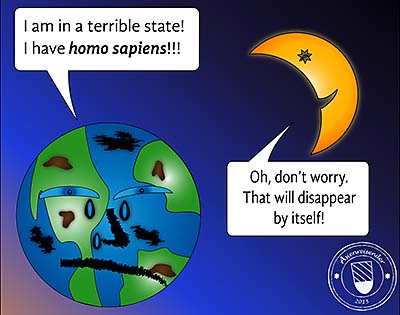
Homo sapiens is the most successfull species in earth's history. Particularly in the last five hundred years, with the rise of capitalism and modern technology, it conquered the planet from pole to pole. But, failing to develop a truly human civilization, it's doomed. Alienated from itself and from nature, modern man is causing the greatest damage to the planet, destroying the biosphere and with it the basis for it's own existence. Man is going to be the greatest failure in evolution. Sketch by Asienreisender, 2015
Not only because our modern societies are very sophisticated nowadays, there are many different kind of people to observe. But, in difference to Western societies, Asian societies have a wider variation. In Asia one finds not only high educated specialists who live in advanced cities, but also still jungle tribes who's members live like people lived in very former times. Watching Asian people is in general like watching a kaleidoscope; one sees so many fragments from what for Westerners is historical past but still existing here.
To get a closer approach to the people of especially Southeast Asia I will focus here on certain social or ethnic groups as well as to some individuals.
Writing about people here means writing about the majority of people who shape a country or region. There is always a great variety of different attitudes and habits, and there are always exceptions of individuals who live a very contrasted life compared to that of the majority.
For an outline on cognitive dissonances of Southeast Asian people, which explains in short words a lot of the peculiarities a Westerner observes here every day, click the link.
